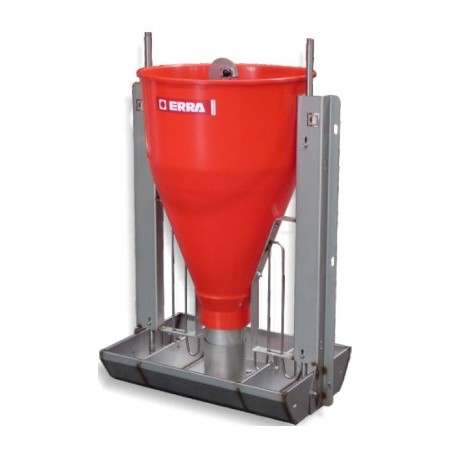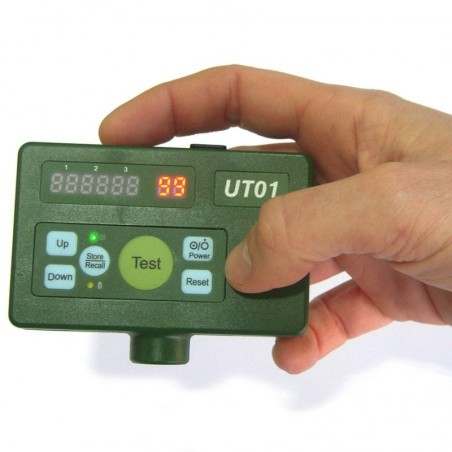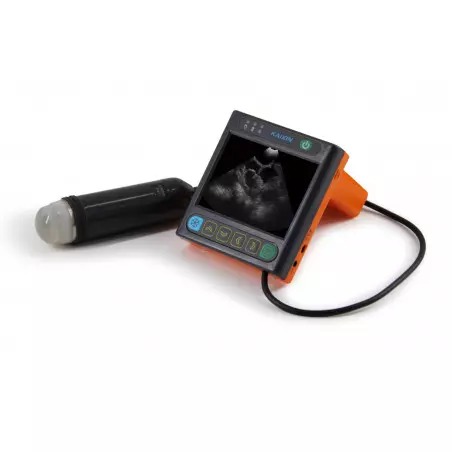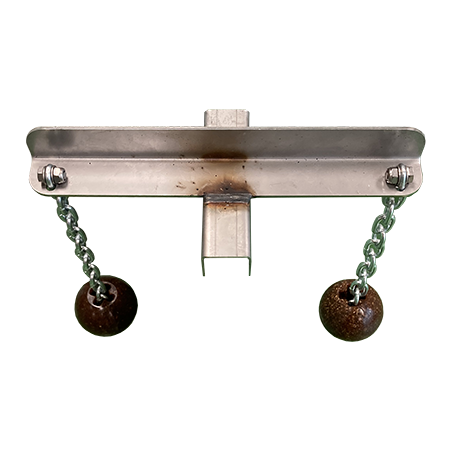The increasing interest in phytogenics for use with livestock, especially swine and poultry, is mainly due to their antimicrobial, antioxidant, growth-promoting, and gut microbiome modulation properties, which makes them ideal candidates to mitigate the negative effects of the ban on antibiotic growth promoters in the European Union. The aim of the present study was to ascertain whether an Allium spp. extract, one of the best-known phytogenics used in pig feed, enhances growth performance, affects the fecal microbiome, the levels of short-chain fatty acids, or the antioxidant capacity of the animals. For that purpose, fifty male growing pigs of 23.07 ± 2.87 kg average body weight were randomly allotted to two treatments in a 103-day trial. The trial was divided into two periods, an initial growing phase (56-days) and a finishing phase (47-days). Two dietary treatments for each phase (growing and finishing) were used: a control diet (CON) and an experimental diet consisting of the control diet to which 5 g/kg of Allium spp. extract was added to substitute sepiolite (GAR). Throughout the study, body weight, average daily gain (ADG), feed intake, and feed conversion ratio were measured, while the backfat thickness and muscle depth were determined at the end of the study. Besides, feces samples were taken for bacterial counts by means of real-time PCR and short-chain fatty acid (SCFA) profile determination, and the antioxidant capacity was assessed in serum and saliva.
In the animals receiving Allium spp. extract (5 g/kg) in the feed, ADG increased throughout the trial, Salmonella spp. and Clostridium spp. counts in feces had decreased when measured on day 56, and, by day 103, Salmonella spp., Clostridium spp., and Enterobacteriaceae counts had decreased and Lactobacillus spp. counts had increased in feces. Regarding the SCFA profile in feces and antioxidant capacity measured in serum and saliva, supplementation with Allium spp. extract significantly increased the levels of propionic, isobutyric, and isovaleric acids and the percentage of total branched fatty acids.

Consequently, based on the current results, Allium spp. extract rich in organosulfur compounds, added to the diet at 5 g/kg, had a beneficial effect on the microbiota and would seem to be a possible alternative for increasing the growth performance of growing-finishing pigs.
Sánchez CJ, Martínez-Miró S, Ariza JJ, Madrid J, Orengo J, Aguinaga MA, Baños A, Hernández F. Effect of Alliaceae extract supplementation on performance and intestinal microbiota of growing-finishing pig. Animals. 2020; 10(9): 1557. https://doi.org/10.3390/ani10091557









